Given how popular larger vehicles are with the UK car buying public, it’s no surprise that the majority of electric offerings are crossovers or large SUVs.
For years, the market has been calling out for more affordable options, with lower list prices, reduced weight and improved driving dynamics.
Thankfully, the small electric car market is burgeoning, and there’s an increasingly competent market for drivers after decent range and premium technology in a more compact package.
We’re seeing more options because battery technology has advanced significantly, enabling smaller, energy-dense packs and greater ranges. Where early electric superminis struggled with 150 miles, many now offer up to 250 miles.
The choice is broad, with brands like Vauxhall, Peugeot, and Citroën competing with new rivals from Renault, Mini and BYD.
Thanks to its fine blend of retro-inspired style, engaging driving dynamics and premium interior quality, our undisputed top pick for the best small electric car on sale in the Renault 5.
But which other models should you add to your shortlist? Check below for the models we think are the best small electric cars on sale in the UK today. While most focus on range and comfort, some cater to driving enthusiasts.
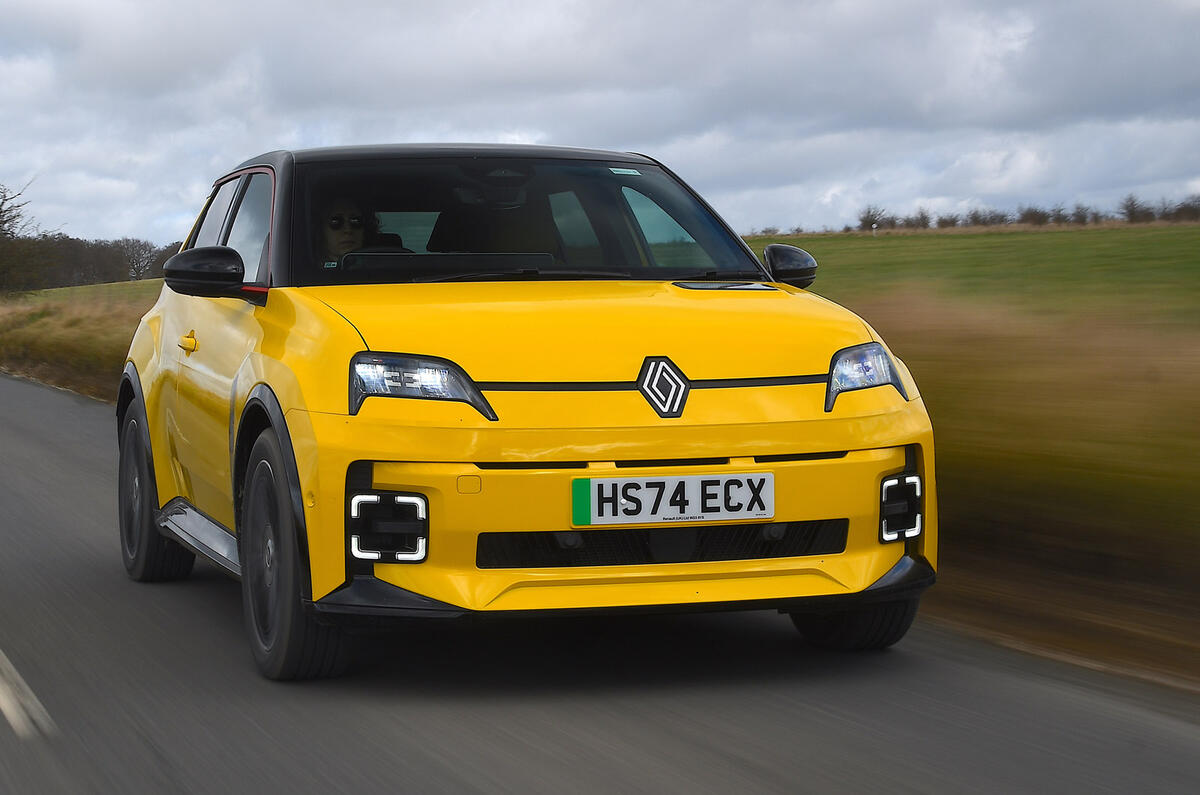
Best for: Driving dynamics
The best small electric car money can buy today is the class-leading Renault 5.
Not only does it look great with its retro styling, but it's also excellent in several key areas that its rivals can't match.
Power stands at 148bhp, but while that's enough power, straight-line speed isn't where the 5 particularly excels. Its talents range from its fluid, dynamic handling to its supple ride quality, which beats out the Mini Cooper E for comfort while remaining fun to drive.
Its interior is also top-notch, with cues from the original 5, strong material quality and eye-catching upholstery and a generally intuitive layout.
If there is anything to complain about with the 5, it's its efficiency. It's not awful, but its touring range isn't as good as we would like it to be for motorway journeys.
Read our Renault 5 review







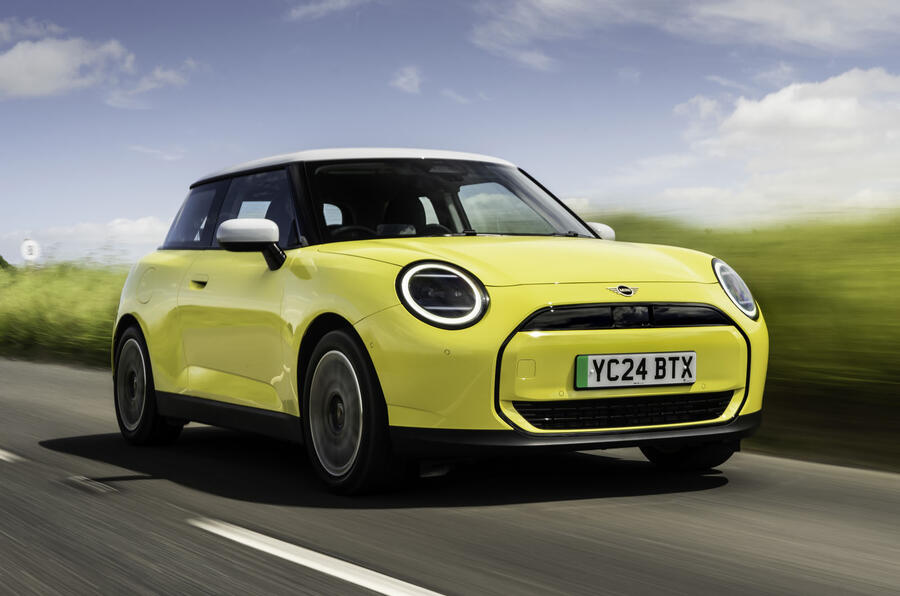
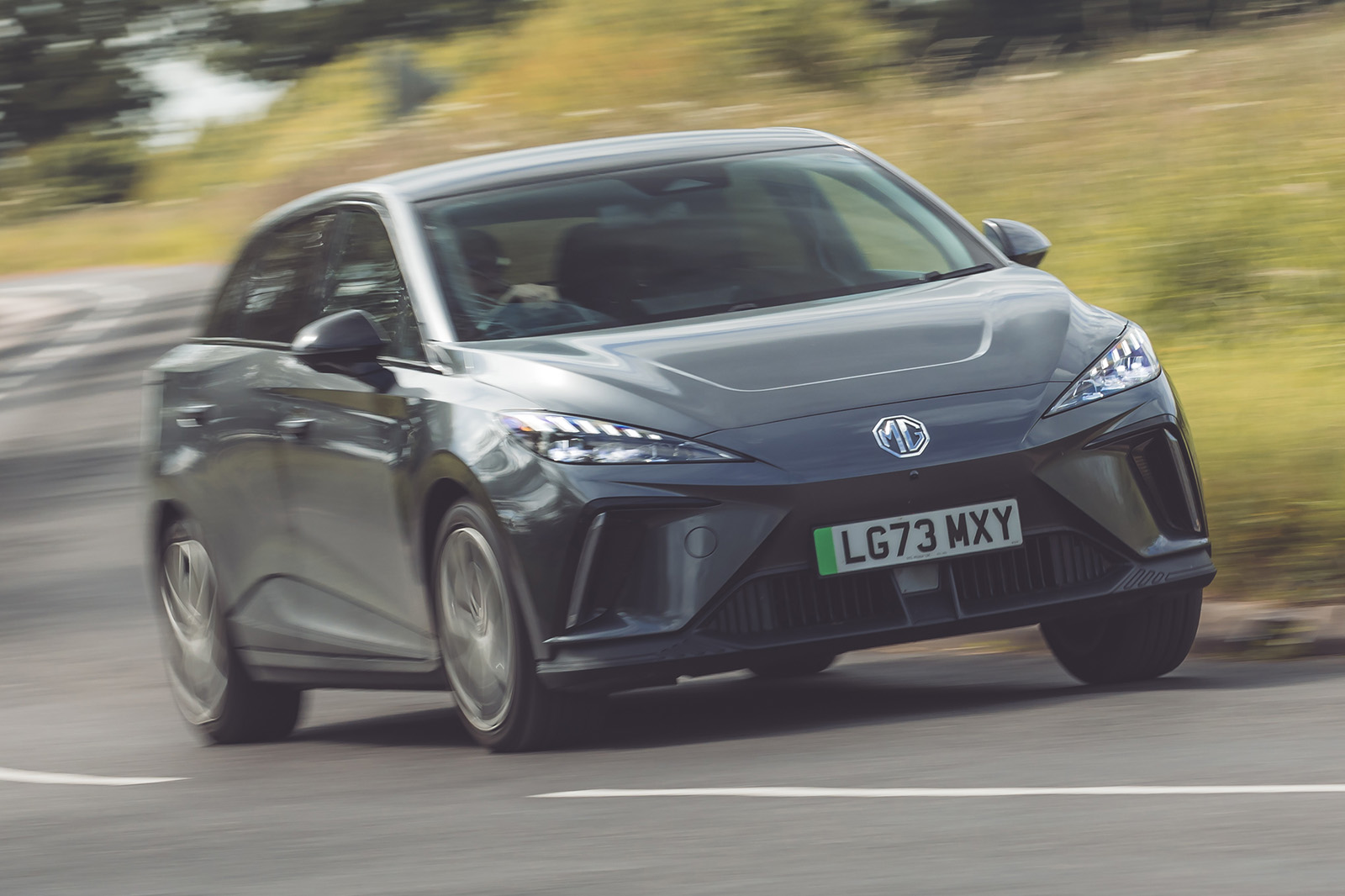
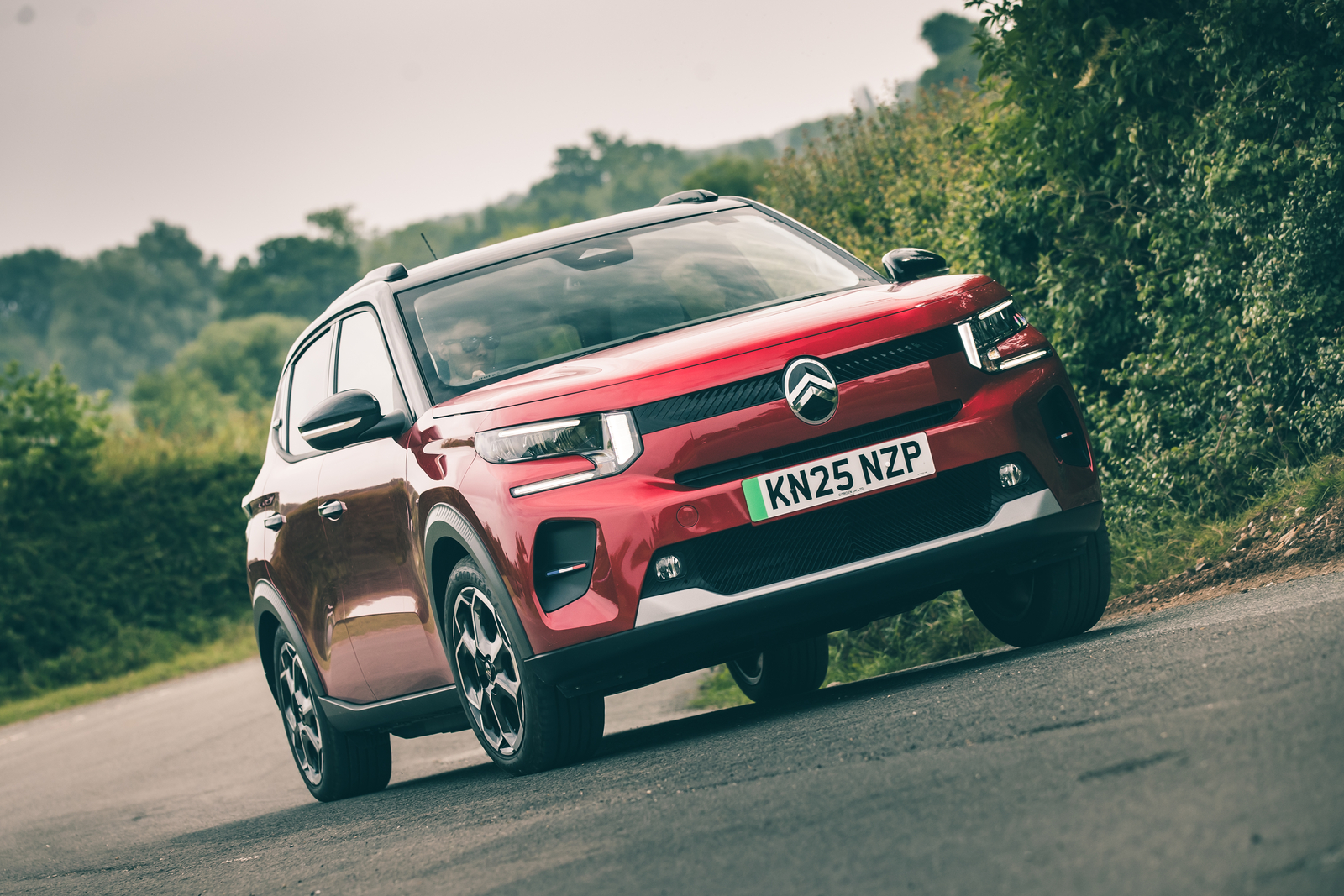
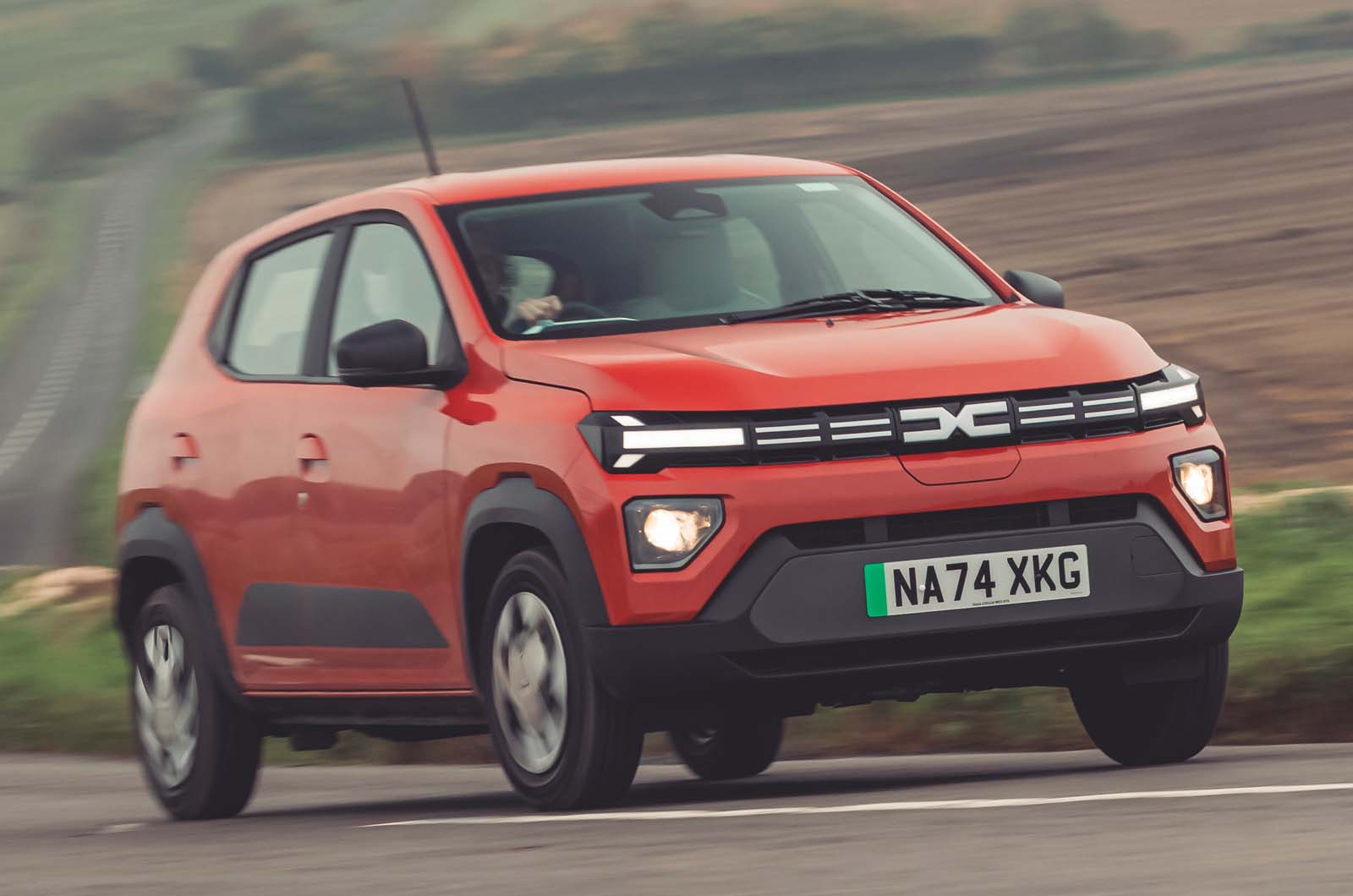
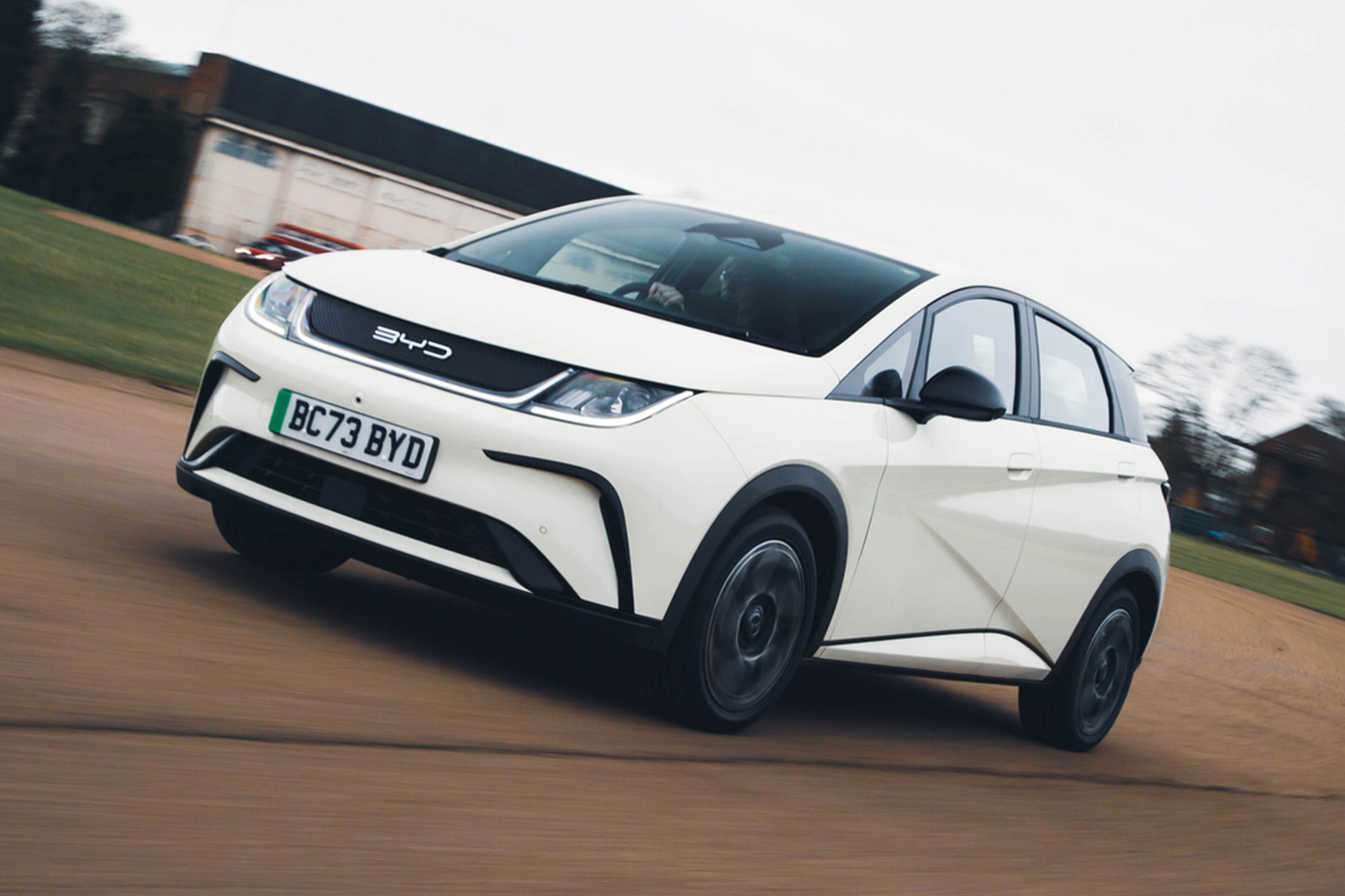
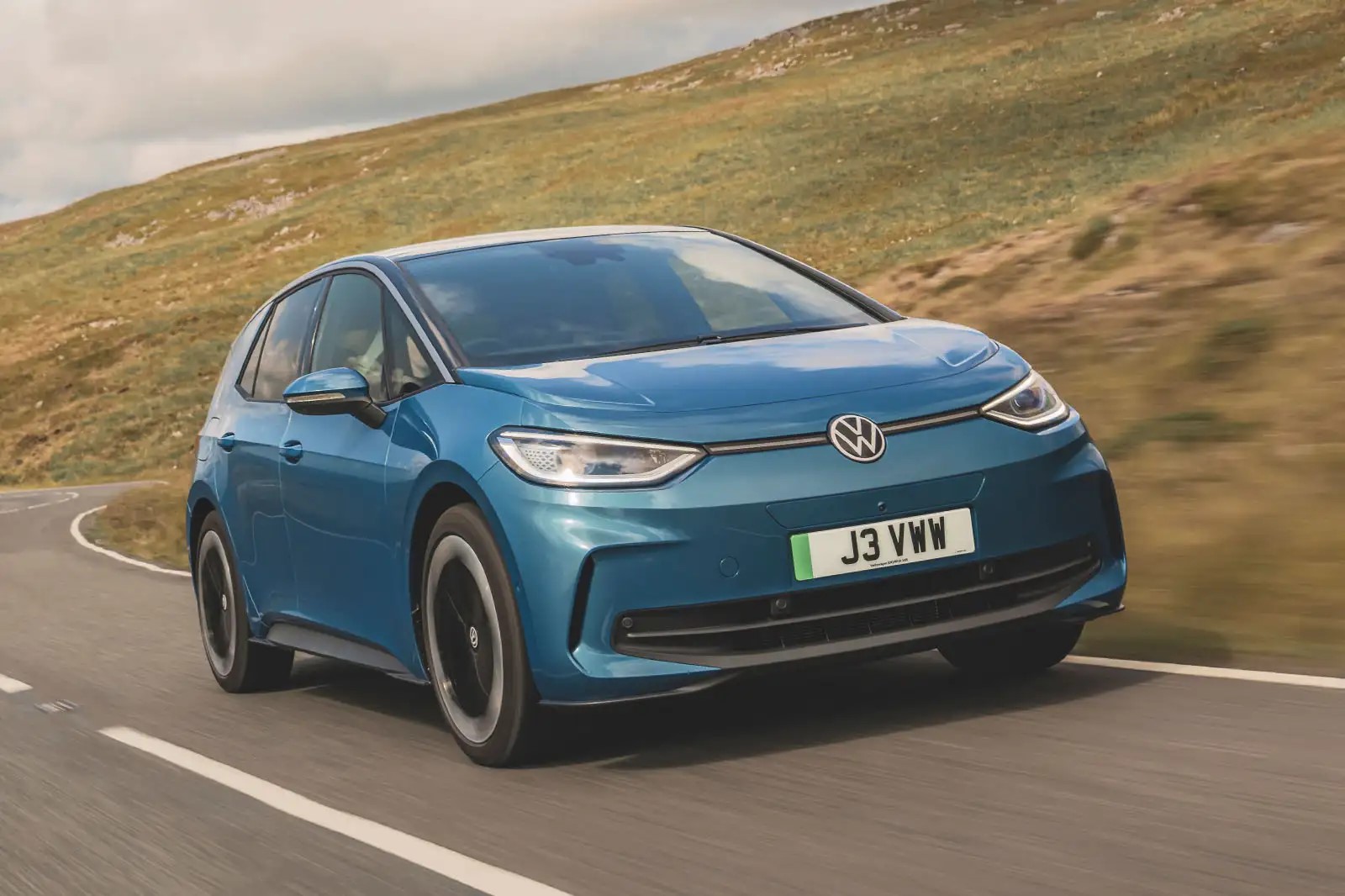
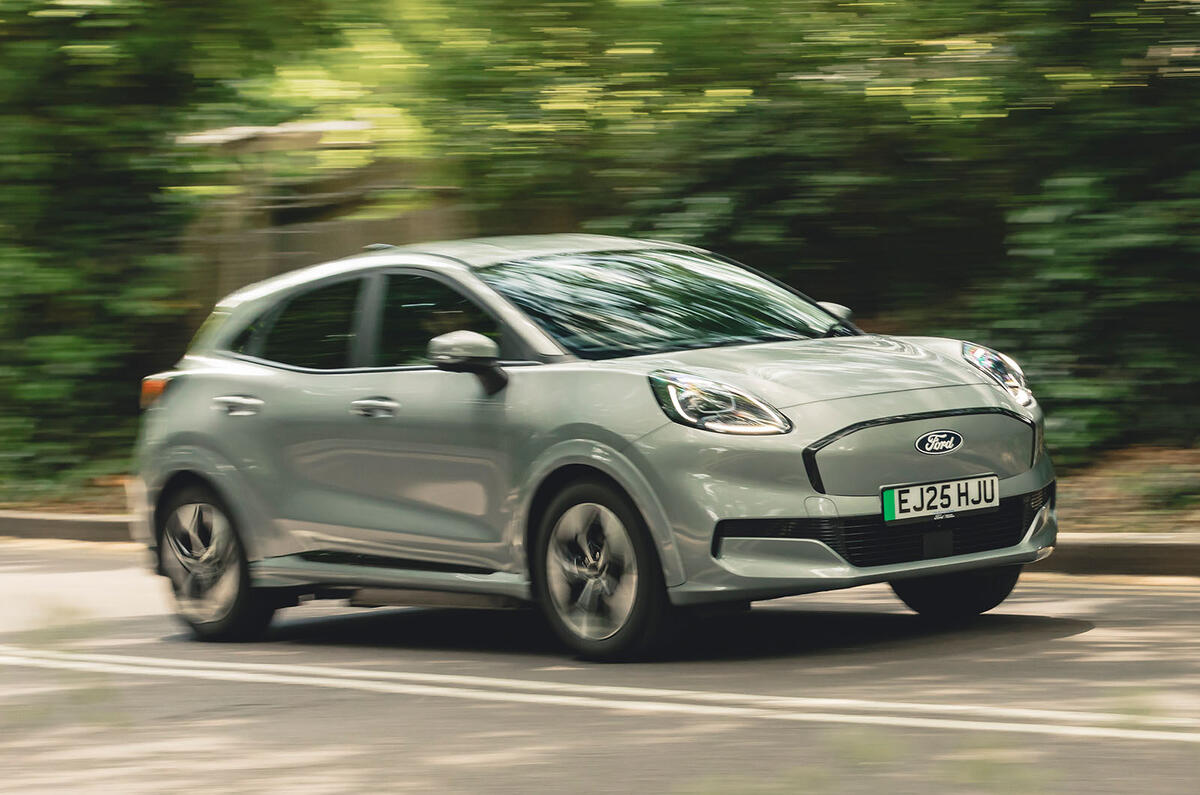
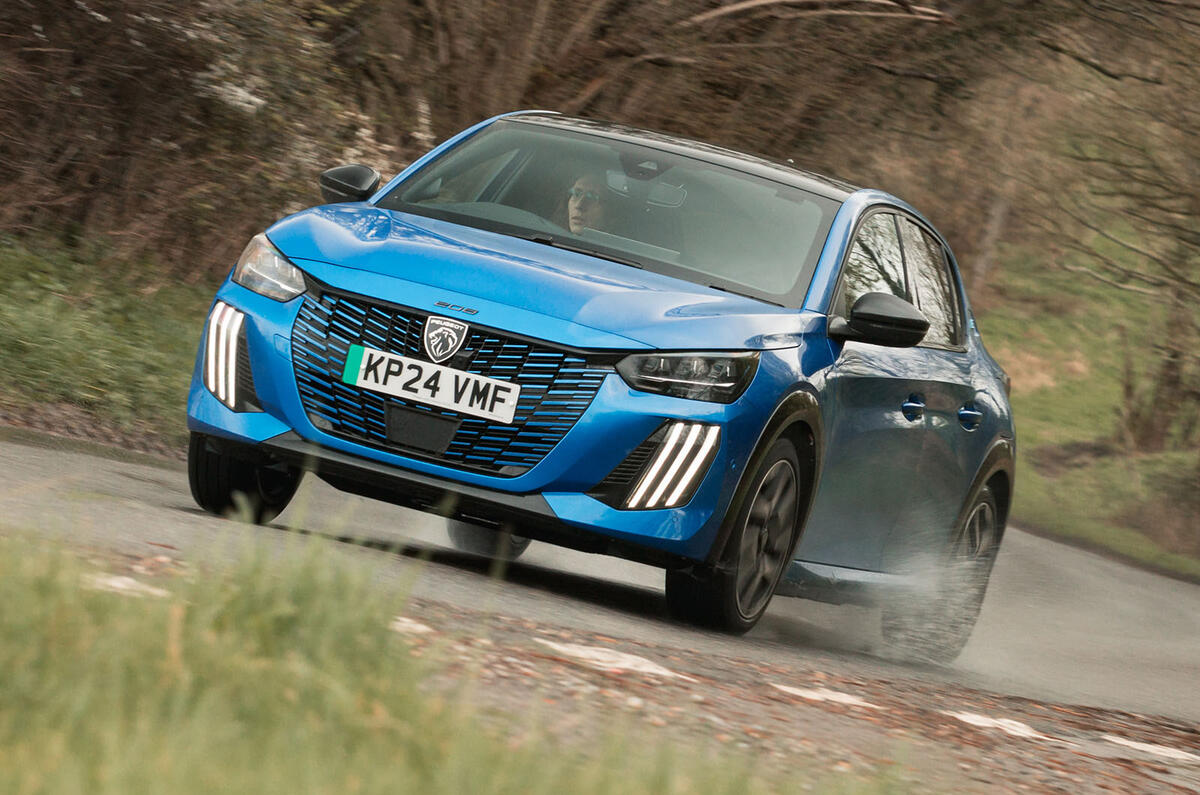




Join the debate
Add your comment
The Renault 5 is a real eye-catcher with its retro design and smooth ride – well deserved to top the list! level devil - not a troll game
Autocar's method of assessing multiple cars. Step 1. Does it have a Peugeot badge on it? Yes: Put it at the bottom of the list. Expensive? I looked on Autotrader and you can buy a brand new one for under £19,000. Other than the price, they only have good things to say about it and it comes last. Peugeot's hospitality for journalists must be poor, I reckon.
#1 & #2 .... so predicatable. Totally ;)